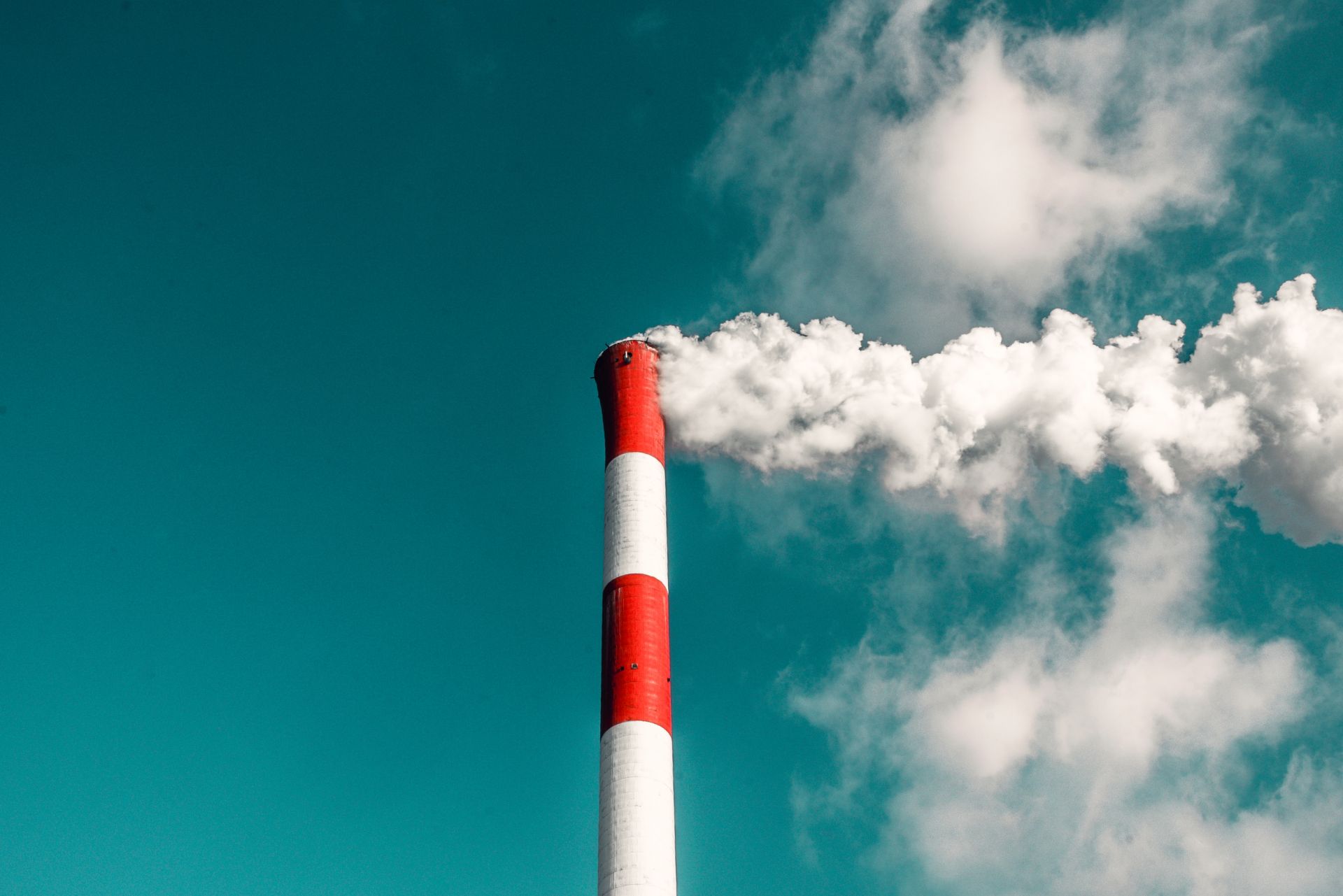Media Releases
Avoiding catastrophe

A James Cook University scientist says conservationists, and the broader public, must face up to the harsh truth – that progress at anything like the scale and rate needed to reverse catastrophic declines in global climate systems, biodiversity and ecosystems is not happening.
Writing an opinion piece in the Association for Sciences of Limnology and Oceanography bulletin, Laurence McCook, Adjunct Professorial Research Fellow at JCU’s ARC Centre of Excellence for Coral Reef Studies, argues that we can avert looming disaster, but it requires a rethink of how scientists work with business and policymakers.
“Tragically, scientific predictions of emerging threats are rarely found to be wrong. Ironically, we do not want to be right, our aim is to avert the threats, but time after time we fail to achieve that outcome,” said Professor McCook.
He said the problem is threefold – firstly that, although humanity knows how to fix most environmental problems, we are not doing so, because, secondly, we falsely assume that conservation involves trade-offs between nature and human well-being/the economy. He said we must take account of the goods and services provided by nature.
“Thirdly, advocacy centred on individual action – ‘every little bit helps’ - is largely a diversion and distraction because it is necessarily of limited scope. The vast majority of environmental damage is caused by business activity and to achieve the scale and rate of conservation impact the world needs will require a transformation in the business, finance and investment sectors,” said Professor McCook.
He said environmental scientists and conservationists need to engage much more with economics, policy, law and governance at an operational level, not just at academic levels.
“In conventional economics in most countries, natural capital and ecosystem goods and services are quite simply ignored and unaccounted for. When businesses or governments report on their economic performance, they ignore the costs of exploiting or polluting,” said Professor McCook.
He said businesses that do aim to reduce impacts currently risk increased costs and decreased profitability, due to government policies.
“Rather than driving change, our government policies are blocking it. We urgently need policy frameworks that not only penalise poor business practice but actively incentivise and drive transition to nature-positive business models.
“Protecting nature promotes human well-being, including economic well-being. Some businesses and investors are looking to support nature. A policy context that ensures profitability with regard to nature will ensure much greater scope and rate of conservation outcomes,” said Professor McCook.
Professor Laurence McCook
E: laurence.mccook@jcu.edu.au